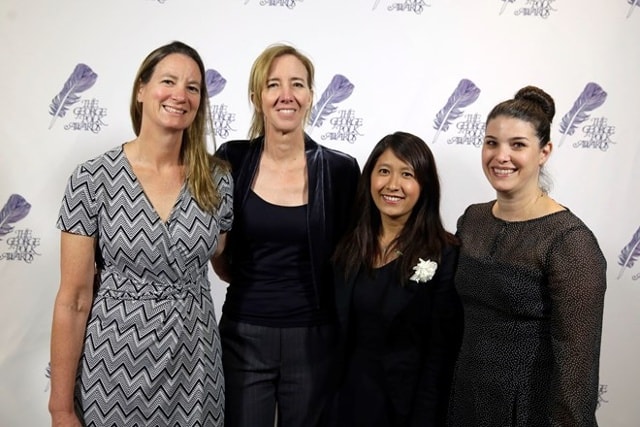4 female journalists expose the horrors of Southeast Asian fishing
Four AP journalists risked their lives to investigate the dark side of Southeast Asia's fishing industry, rescuing more than 2,000 slaves and forcing policy changes in the countries involved. Their work was worthy of the prestigious Pulitzer Prize.
Accordingly, the series "Seafood from slaves" by four female journalists Martha Mendoza, Robin McDowell, Esther Htusan and Margie Mason helped AP win the Pulitzer Prize in the "Community Service" category.
 |
| From left: four female journalists Martha Mendoza, Robin McDowell, Esther Htusan and Margie Mason of AP. |
“Seafood from Slaves” has exposed the horrifying truth behind the fishing industry in many Southeast Asian countries such as Thailand and Indonesia. In it, many people are imprisoned, enslaved, forced to work, beaten, raped, and even killed.
According to AP, these reporters had to risk their lives to investigate. They were chased and threatened by companies. Their boats were even attacked after fishermen approached them to ask for help. Four female journalists once had to hide behind trucks for four days to find out the name of the seafood ship. Not only that, these ships were always guarded by gunmen belonging to a gang.
They track trucks to cold storage plants, processing plants and use customs and trade data to find distributors in the US that will consume these products.
AP Vice President and Editor-in-Chief Kathleen Carroll said: “AP journalists accomplished two goals. They found enslaved people, contrary to the industry’s claims that the problem had been solved. They traced the path of slave-caught seafood to grocery stores, so companies couldn’t deny it.”
“With courage, integrity and resilience, this team of female journalists has shaken up Thailand’s $7 billion-a-year seafood export industry, forcing the government, corporations and consumers to take a look,” Ms Carroll said.
The AP journalists’ investigations have helped rescue more than 2,000 slaves, expose and arrest dozens of traffickers, and seize millions of dollars worth of fishing vessels. Congress has also proposed legislation requiring greater transparency from food suppliers.
Before publishing its first story in March 2015, the AP sought help from the International Organization for Migration to rescue the men who had asked for help on the Indonesian island of Benjina. A week later, hundreds more slaves were rescued.
This is the AP's 52nd Pulitzer Prize, but its first in the Public Service category.
The content is made through reference to the news source of the Associated Press (AP) of the United States. This is the largest news agency in the world, headquartered in New York. AP is also one of the largest sources of news for newspapers, television and radio stations in the world.
According to Infonet
| RELATED NEWS |
|---|

